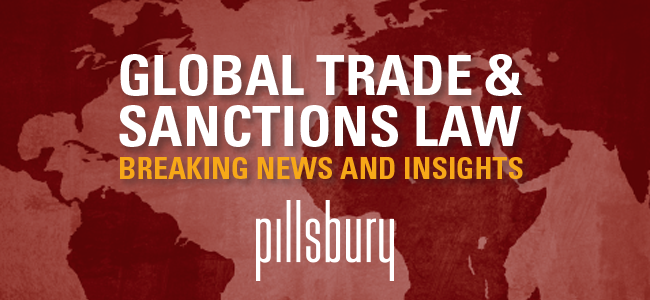The leaders of the G7 met for two days of discussions in Elmau, Southern Germany on 7 and 8 June 2015.
High on the agenda was the issue of Russian targeted EU and US sanctions over Moscow’s role in support of Ukrainian rebels.
Russia has already been excluded from what was formerly known as G8 following its annexation of Crimea in 2014.
Following talks between President Obama and German Chancellor Merkel in Elmau, reportedly over a traditional Bavarian meal of sausages and beer, the White House issued a statement confirming: “The duration of sanctions should be clearly linked to Russia’s full implementation of the Minsk agreements and respect for Ukraine’s sovereignty”.
Dr Merkel confirmed that G7 members would “do everything” to move forward the Minsk process which was agreed to stabilize the situation in eastern Ukraine, with Mr Obama adding that they had discussed additional steps to take if Russia, working through separatists in eastern Ukraine, “doubled down on aggression”.
With reference to the sunset clauses contained in the EU sanctions which are due to bite next month, UK Prime Minister Cameron remained optimistic that there would be unanimous EU agreement to ensure that Russian sanctions “rolled over”, whilst conceding that the Russian sanctions were “having an impact of all of us”.
EU leaders agreed in March of this year that the sanctions would stay until the Minsk ceasefire agreement is fully implemented, effectively extending them to the end of the year, but a formal decision is yet to be taken.
It is also reported that Germany, the UK and the US want an agreement to offer support to any EU member state considering withdrawing from the sanctions, with an eye on Cyprus, Hungary and Italy in particular.
With the EU vote on whether to extend existing sanctions against Russia looming and European unity with regard to Russian sanctions arguably splintering, it looks to be an interesting summer ahead on the issue of Russia.
